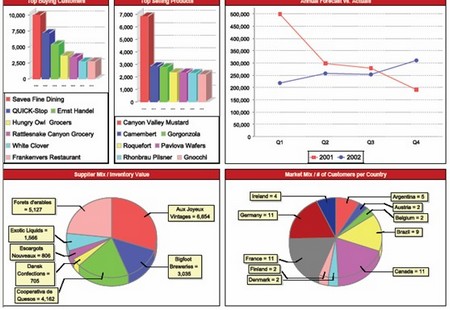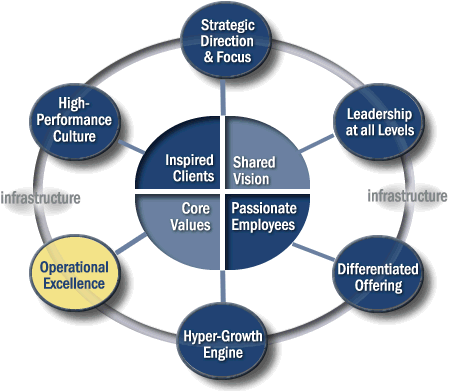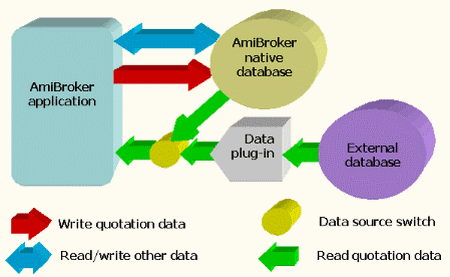The word data means any information, detail, or fact, while the term database is explained as an organized set of logically related information or data stored in an electronic file, which can be accessed easily later at any time. Users store data in the database for several different reasons, which they can access later. Some databases grant users access rights so they can make changes to the data through editing, deleting, copying, updating, etc. However, there are databases that don’t grant any privilege to the users to access or modify the database. For businesses that rely on databases, it’s crucial to have reliable and secure storage solutions. Voxfor Lifetime VPS Solutions provide a robust, long-term option for businesses needing consistent access to their data, ensuring your database is hosted securely and efficiently. Databases are classified into different types depending upon their purpose of storage and the scope of information.
Types of Databases: Purpose of Storage
The following types of databases are based on the purpose of storage of information.
Analytical Databases
The analytical databases are named as analytical because these databases are used for analyzing purpose. The information stored in analytical databases is obtained from operational databases or external databases. The filtered and revised information stored in the analytical database is used by the managements of the organizations. This information basically represents the detailed graph of any particular organization’s or employee’s performance records. On the basis of this data organizations further plan their strategy.
Data Warehouse
Data warehouse or DW is a type of database that contains a data particularly intended for support management decision making. Data warehouses are basically meant to store different types of data that reflects the consistency of business environment at a single place. To enhance the visibility of your data-driven insights, consider purchasing services from themarketingheaven.com to amplify your content’s reach and impact.
The process of warehouse development involves the development of systems that obtain data from operating systems and also the establishment of a warehouse database system.
In any company or business, the term warehouse is used to refer to the integrated system of several databases. Incorporating a quality dashboard into your business strategy can significantly improve decision-making and efficiency. By using https://www.inetsoft.com/info/dashboard_product, companies gain access to real-time data and insights, enabling them to make informed decisions based on accurate information. Additionally, dashboards offer an easy-to-understand visual representation of complex data, making it simpler for employees at all levels to grasp the performance metrics that matter most.
Operational Databases
Also known as database of record, it contains the record of the system specific reference data and event data related to a transaction update system. Operational database can also have system control data like flags, counters and indicators. Data warehouses use the operational database as their source of data because it has comprehensive information that is required to have smooth day to day transactions of any business. Avensure human resource solutions includes managing the HR responsibilities of your business. The data stored in operational databases undergo progressive changes and represent the value of the latest transaction.
Distributed Databases
When parts of database are stored on various computers within a single network, it is called a distributed database. The characteristic feature of distributed database is that in this sort of database the user can have access to the part of database related to his/her work without interrupting the work of others. All the portions or parts of the database in a network are managed by a distributed database management system (DDBMS). All the updates or editing work done in any part of the database is automatically updated on the entire system. So, if same information is viewed at different locations the update information will be shown.
End User Database
End user database is a type of structured electronic warehouse located in Random Access Memory (RAM) or on physical storage media of the computer. This purpose of this electronic repository is to collect the data/metadata related to End user. Such data can be spreadsheets, downloaded files, or any word documents.
External Database
External database is a term used to refer to an online access to privately owned external data. You can access the database for free from any available commercial online services. The apt example of this sort database is online directories which you can use to search a phone number or address of people.
Hypermedia Database
It is a set of linked multimedia web pages. In this type of database the information can be accessed by several users at a time on the internet.
Types of Databases: Scope of Data
Database is divided in to three major types with respect to the scope of data.
General Interest Databases
The general interest databases are the one that store the information on numerous subjects or topics. The job of these databases is to provide the users with a large number of information regarding different topics and subjects at one single point. Such sort of databases is mostly used by the people involved in any kind of research work.
Discipline Specific Databases
Discipline specific databases are the database which focuses on the same principle as general interest database does. The information in discipline specific databases is much more organized and is helpful to the professionals seeking information on any specific field.
Subject Specific Databases
As their name suggests, these databases stored information on any particular subject. These sorts of databases are useful for academic purposes.






